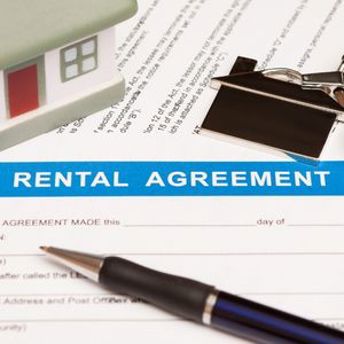Things You Need to Know About the RTA
The Residential Tenancies Act (RTA) outlines the respective responsibilities of landlords and tenants in New Zealand.
It governs landlord-tenant relationships and provides the foundation for successful rental agreements. It also enables both parties to voice legitimate concerns and provides clear boundaries as to what is expected of each party.
This article discusses the basics of the RTA, and how you can successfully navigate its requirements.
What Are the Basics of the Tenancies Act?
The RTA covers everything from the contents of your tenancy agreements to the things you’re allowed to charge for, to the correct process for terminating tenancies.
Most importantly, the RTA legally protects both parties.
It means that everyone knows exactly where they stand and what is expected. Ultimately, this ensures a smoother landlord-tenant relationship overall!
As a landlord, your primary responsibilities are to maintain the property, let your tenants have quiet enjoyment of the property, and meet the requirements of the healthy homes regulations.
Your tenants are responsible for keeping the property clean and tidy, as well as paying rent on time, informing you of any repairs needed, and following the terms of their tenancy agreement.
In July 2019, the RTA was significantly expanded. As a landlord, it is important to be aware of these changes.
The RTA now also addresses:
- Liability when the tenant causes damage to the property
- Methamphetamine contamination and how it is tested
- Unlawful residential premises.
The RTA was amended to protect both landlords and tenants.
For a full list, read the rights and responsibilities listed on the Tenancy Services website.
How to Ensure You’re Not Breaching the Tenancy Agreement
Although the RTA builds a legal foundation for your tenancy agreements, things can still go wrong.
As per Tenancy Services, landlords can breach the RTA by:
- Failing to do something they are supposed to do
- eg Keeping the property in a reasonable condition
- Ensuring the property is up to scratch with health and safety regulations
- Informing the tenant that the house is for sale
- Doing something they are not allowed to do
- eg Seizing tenants’ goods for no reason
- Interfering with the tenant’s quiet enjoyment of the property
- Interfering with utilities
- Including unenforceable clauses in the tenancy agreement
- eg Including a clause that purports to say that the landlord can raise rent with 1 week’s notice
There is also a difference between a breach and an unlawful act.
For example, the RTA states that landlords cannot interfere with the tenant’s “quiet enjoyment” of the property. Interfering with their quiet enjoyment would be considered a breach. This could become an unlawful act if it continues to the point of harassment.
Breaches of the Residential Tenancy Act may result in a Tenancy Tribunal hearing.
However, you can minimize your chances of breaching the RTA by working with the right property manager.
Effective property managers:







